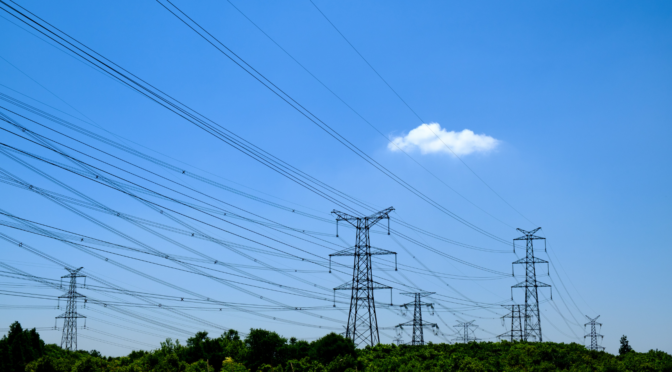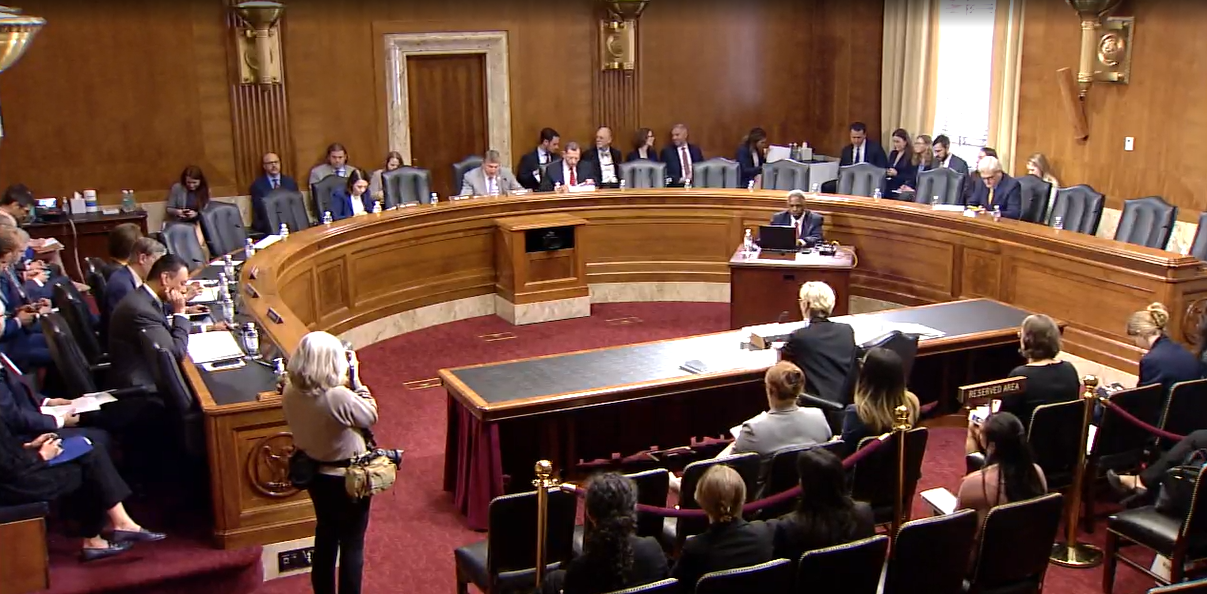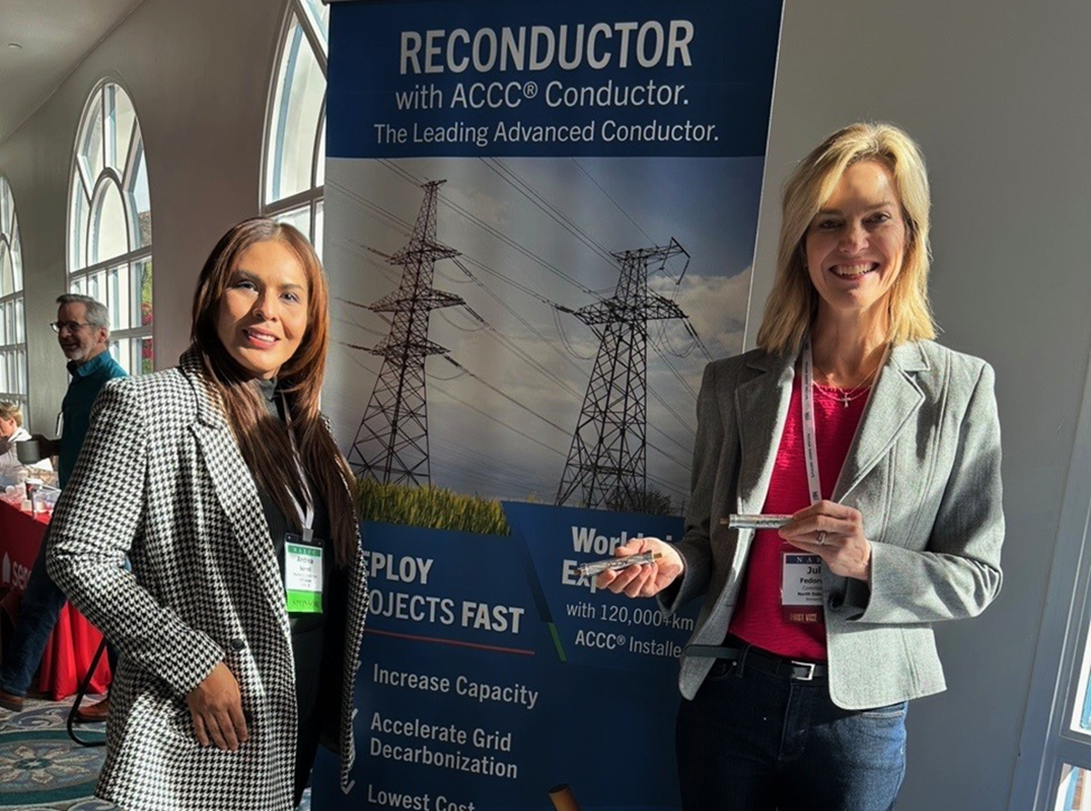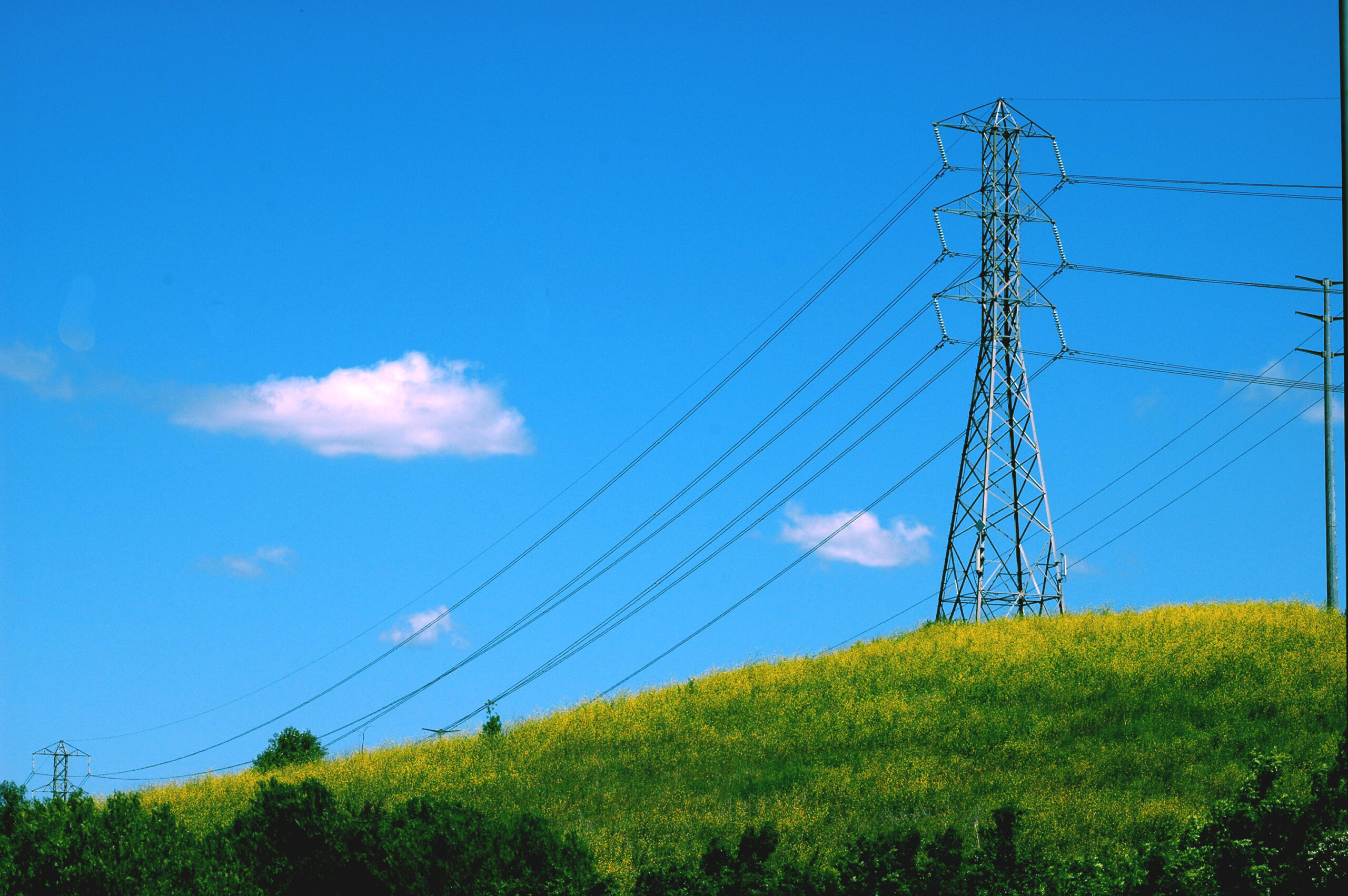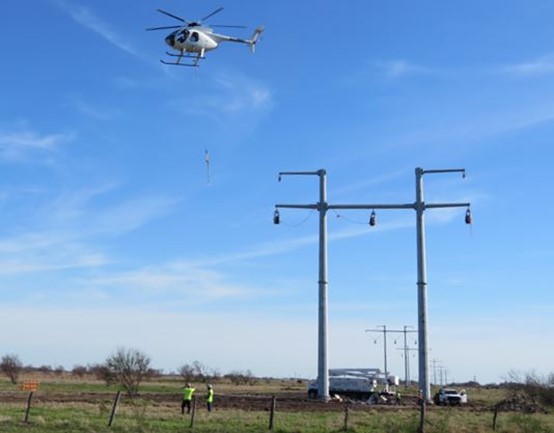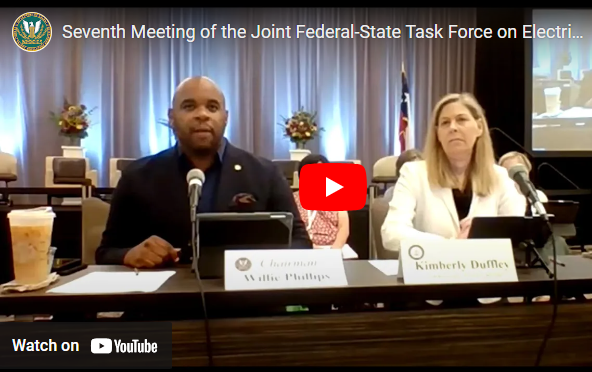In December, the co-chairs of the House Sustainable Energy and Environment Coalition (SEEC) Clean Energy Deployment Task Force, Reps. Sean Casten (IL-06) and Mike Levin (CA-49) introduced the Clean Electricity and Transmission Acceleration (CETA) Act legislation that comprehensively addresses the primary permitting and transmission issues that are holding back the American clean energy transition.
The Clean Electricity and Transmission Acceleration (CETA) Act is a comprehensive approach to addressing the primary permitting issues holding back the clean energy transition. The biggest challenge facing the United States’ ability to meet its climate goals is the lack of capacity of our electrical grid to connect clean energy generation to the new demand that comes with economy-wide electrification. In addition to tackling the climate crisis by unlocking the full potential of renewable energy, CETA will reduce energy costs by enabling the cleanest, least-expensive forms of energy (renewables) to connect to the grid.
CETA aims to inclusively and efficiently support the buildout of transmission lines to transport the electricity from its generation source to the homes of the American people. CETA will also increase the grid’s reliability and resilience in the face of increasing extreme weather events. CETA also promotes the development of renewable energy on public lands and oceans in a responsible, equitable, and efficient manner, further reducing our dependence on fossil fuels.
Highlights:
-Amend the Federal Power Act to direct the Federal Regulatory Commission to issue new rules on improving interregional planning, siting, and deployment of transmission.
-Provide a 30% transmission investment tax credit.
-Incentivize development of renewable energy on priority areas within our public lands.
-Reform the Outer Continental Shelf Lands to encourage offshore wind deployment.
-Expand meaningful consultation with disadvantaged groups and communities in the permitting process.

